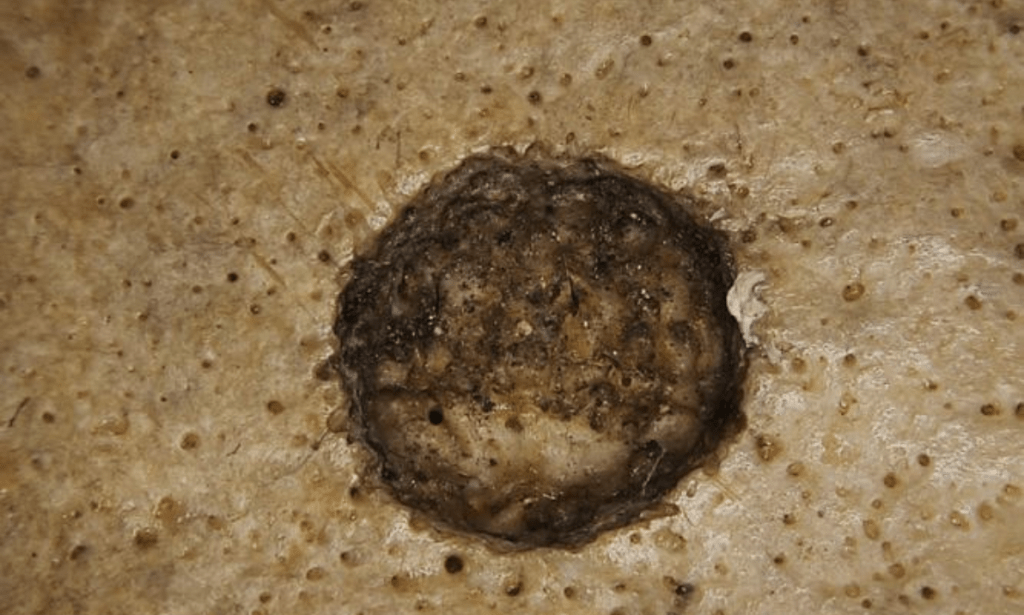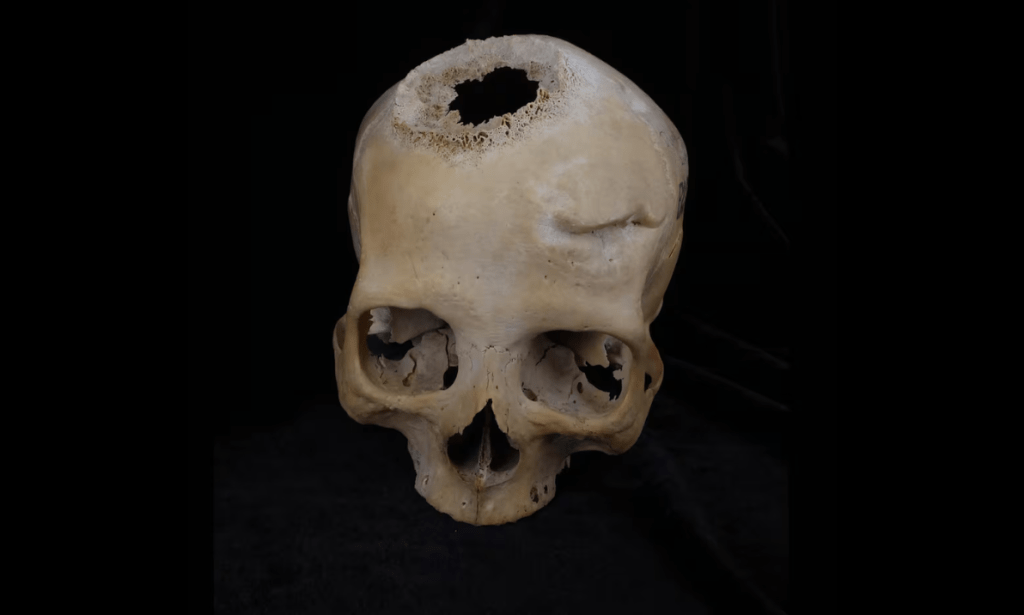When our cells divide uncontrollably and start spreading into surrounding tissues, it leads to cancer. Today, cancer is a common disease, but it turns out that more than 4,000 years ago, healers in Egypt were aware of it and even tried to treat it with surgery.
While inspecting a 4000-year-old skull, new evidence revealed that ancient Egyptian physicians may have attempted to cure certain cancers through surgery.
That very skull used to belong to a man who passed away during his thirties. It is currently housed at the University of Cambridge in the Duckworth Laboratory collection.
Why Is The Skull Special?
This skull is unlike any other, as it is considered one of the oldest examples of malignancy in the ancient world. Archaeologists have dated it back to between 2686 BC and 2345 BC.


Using a digital microscope and micro-computed tomography (CT) scans, it was discovered that the skull had tumor scars, and around those scars were cut marks around the tumors. That suggests that sharp metal instruments were used to remove the tumor growths.
“It was the very first time that humanity was dealing surgically with what we nowadays call cancer.” These were the words of senior study author Dr. Edgard Camarós, who’s a professor at the University of Santiago de Compostela’s history department.
Was It Surgery Or An Autopsy?
While investigating the skull, there remained a hanging question of whether the healers were trying to remove the tumors while the patient was still alive or whether they were trying to remove them after the patient’s death.
If the cut marks were made while the patient was alive, then it is going to be considered a direct treatment of the cancer. Otherwise, if the cuts were made after the patient died, then it would be considered a medical autopsy.
What Does That Say About Ancient Egyptian Medicine?
Either way, the fact that cancer was treated or explored more than 4,000 years ago is remarkable in itself and showcases the longevity of the disease. This demonstrates the sophistication of medicine in ancient Egypt, which relied on surgical practices in addition to herbal remedies.



